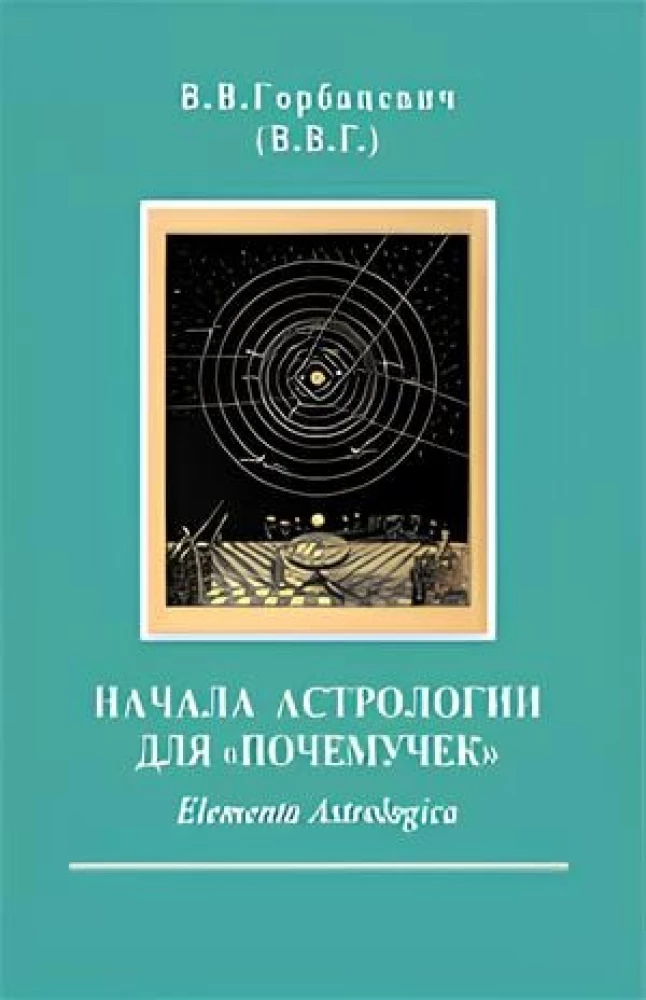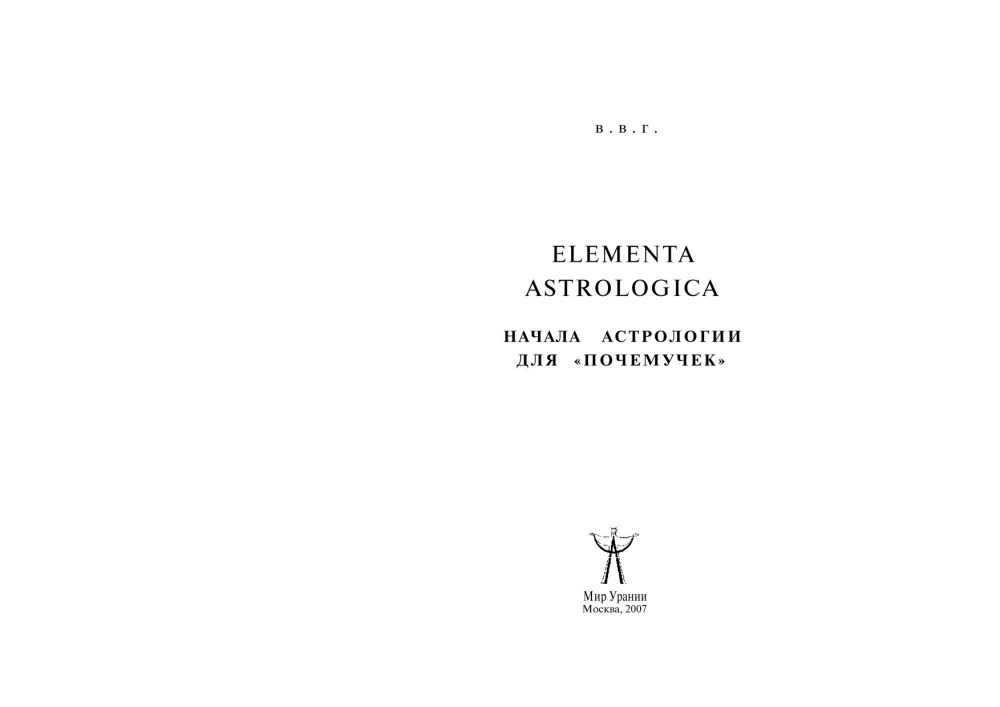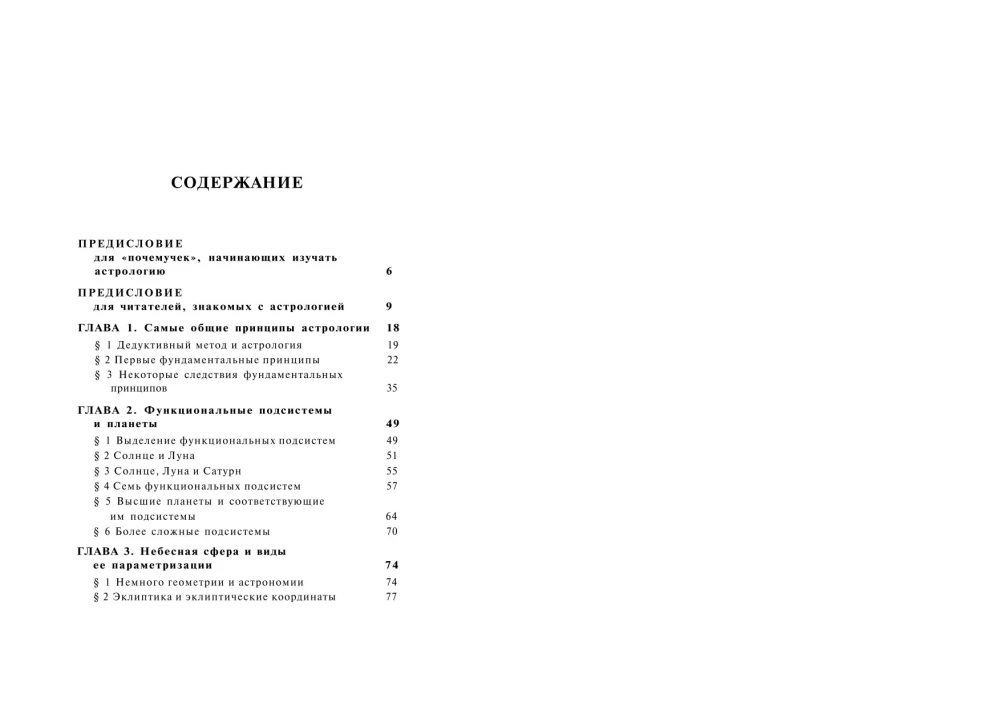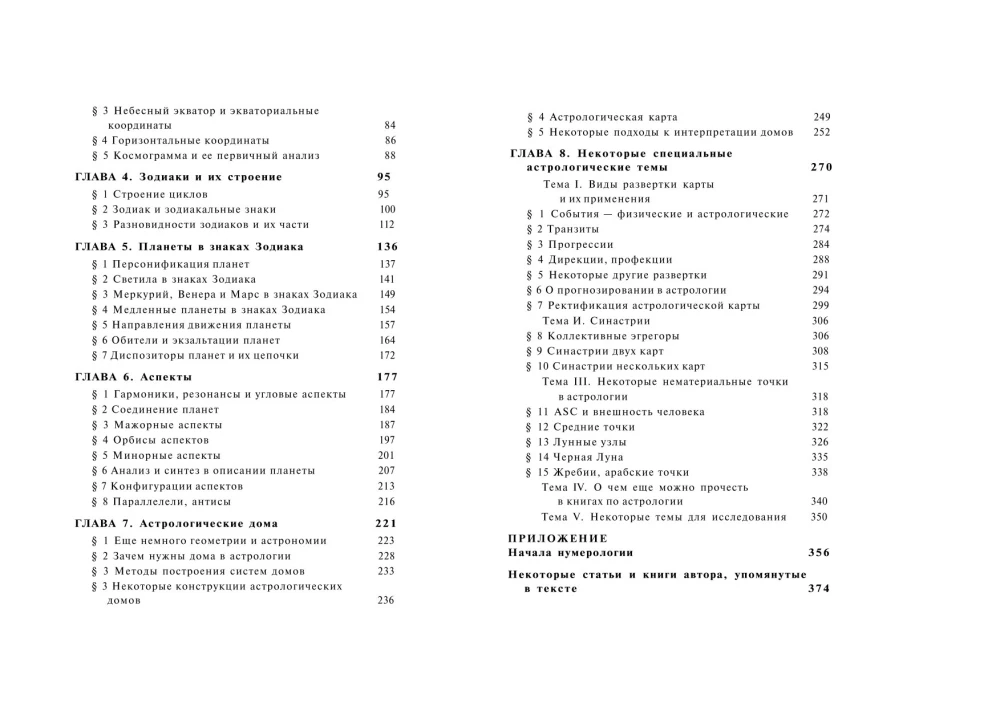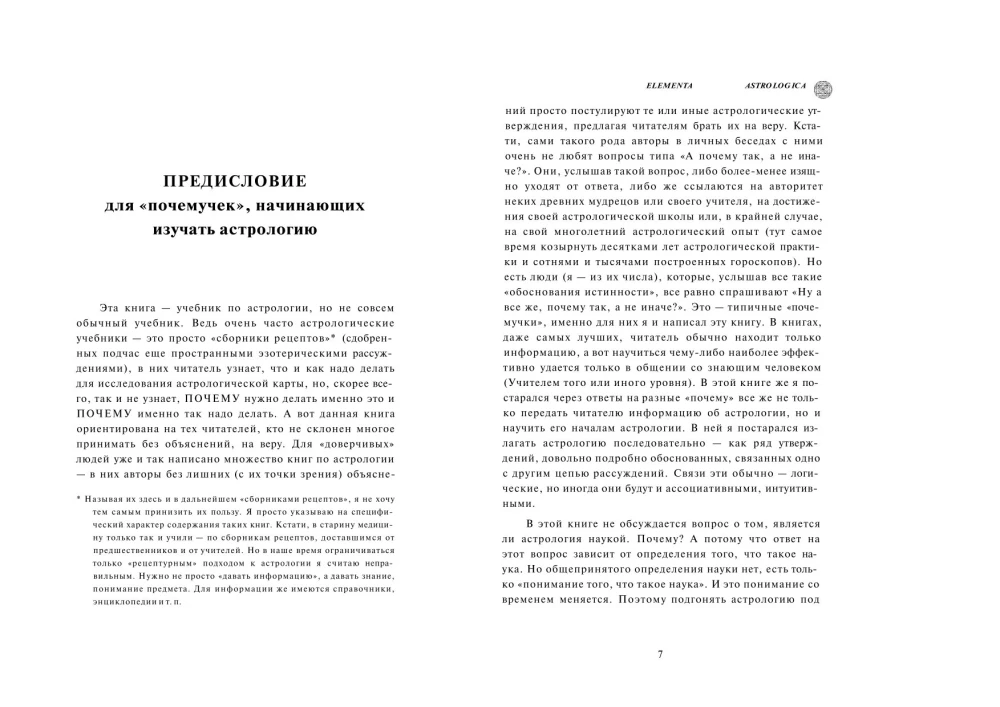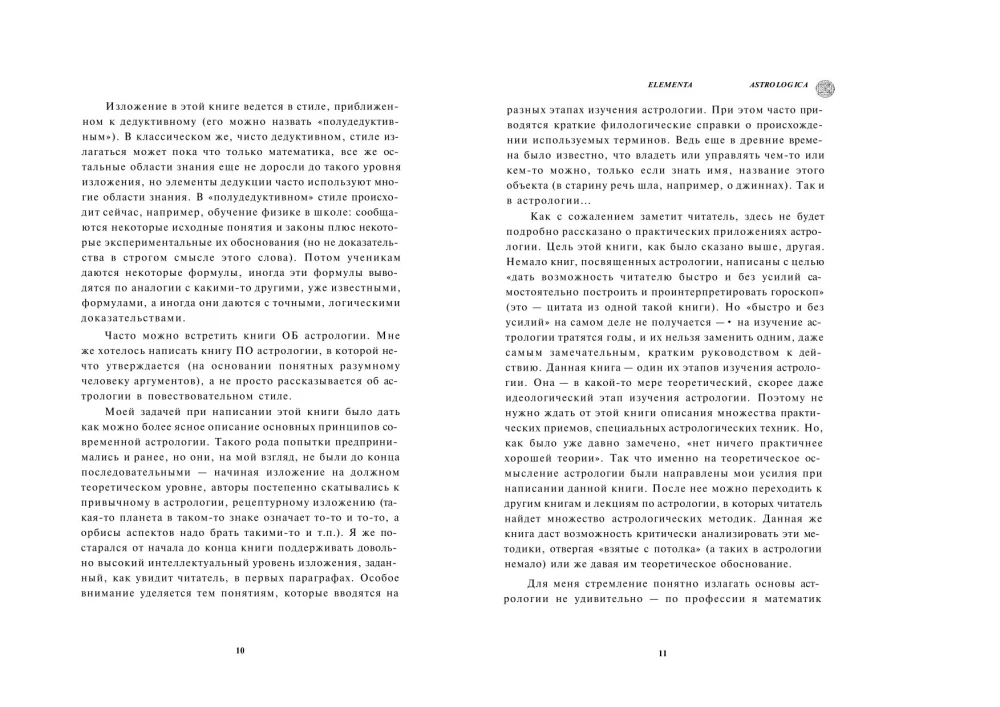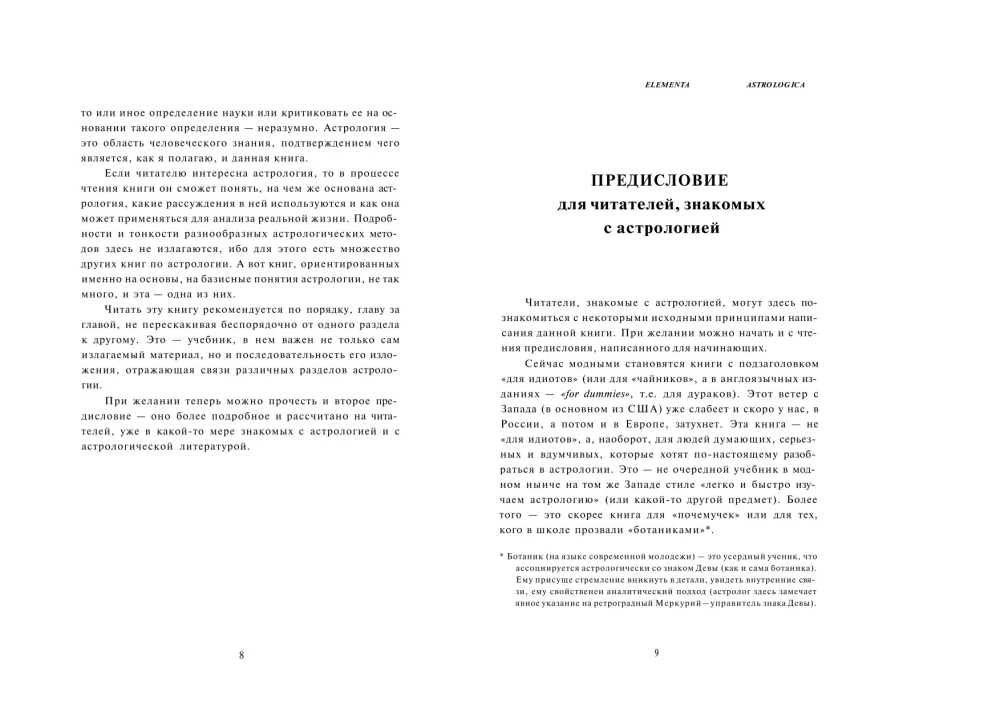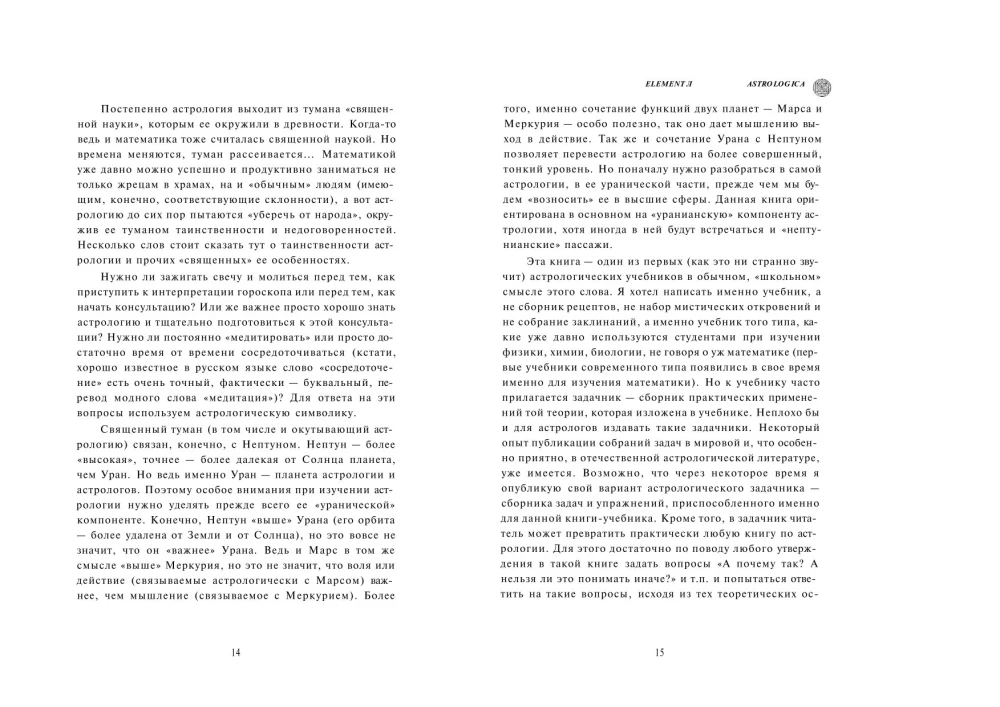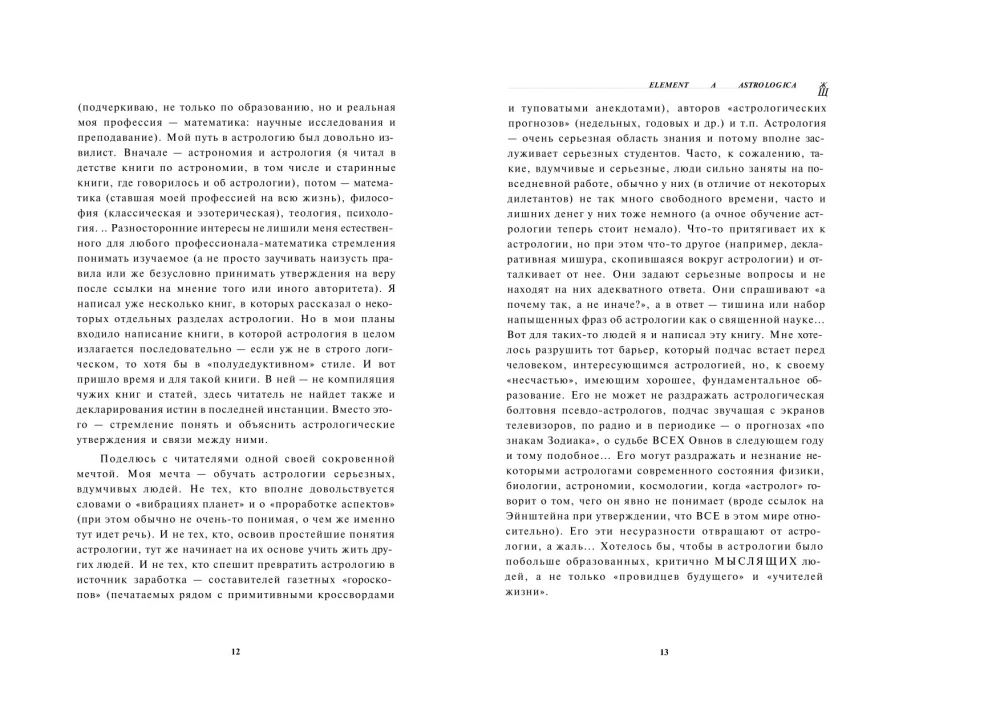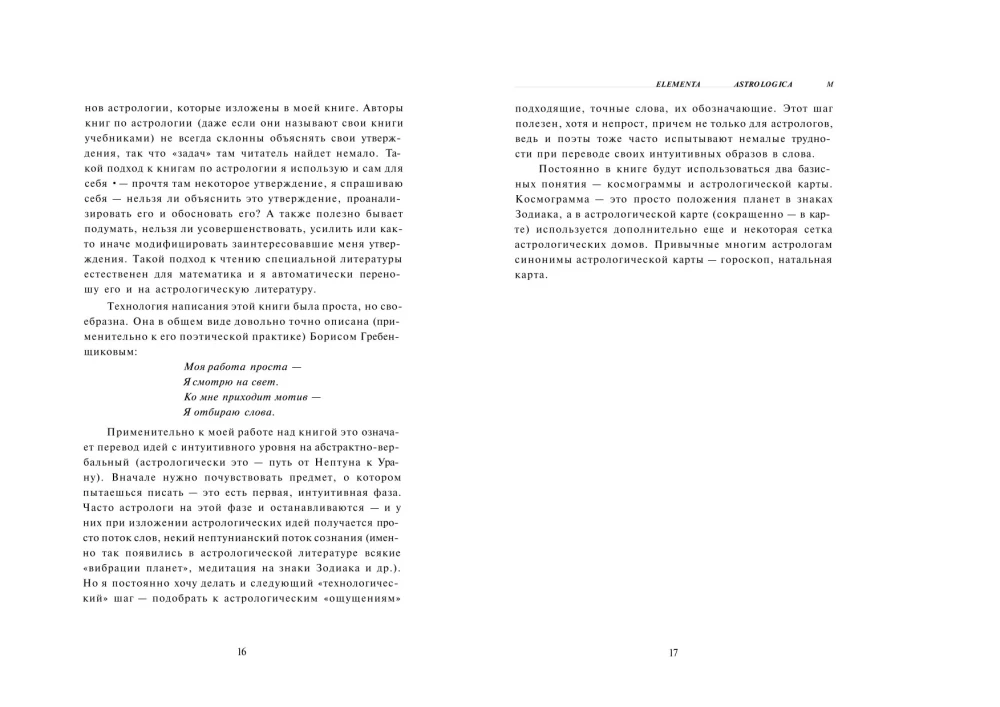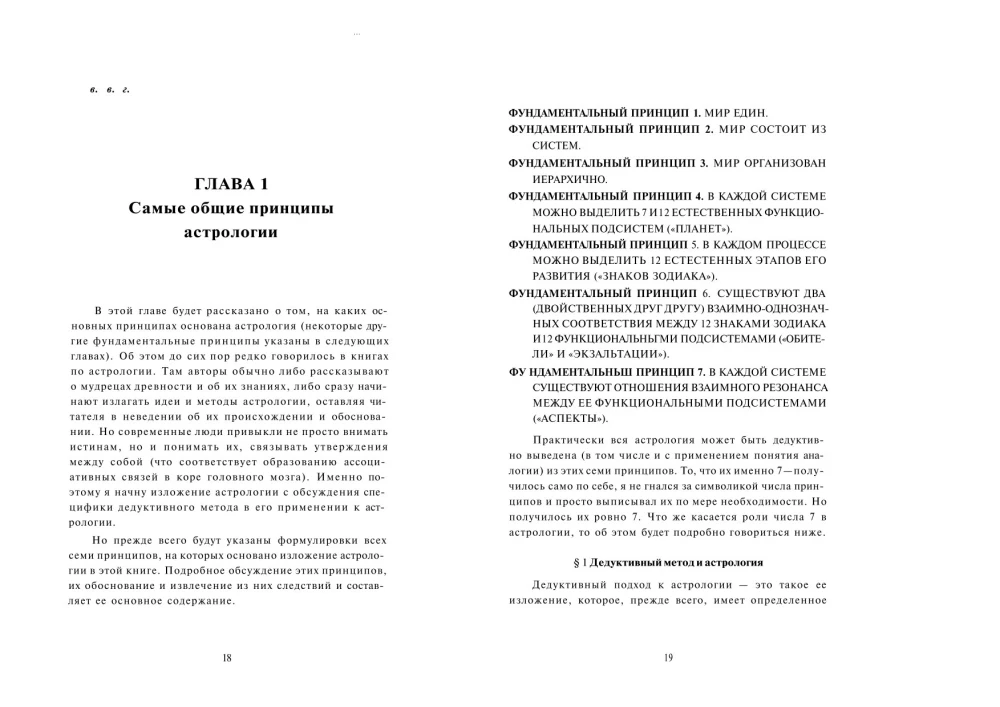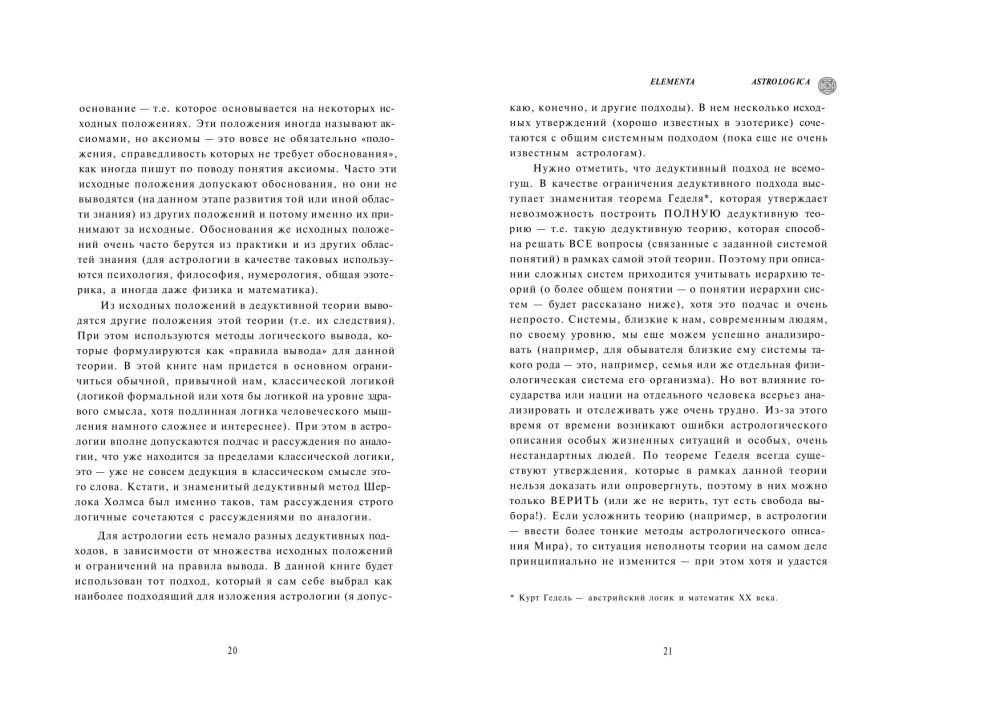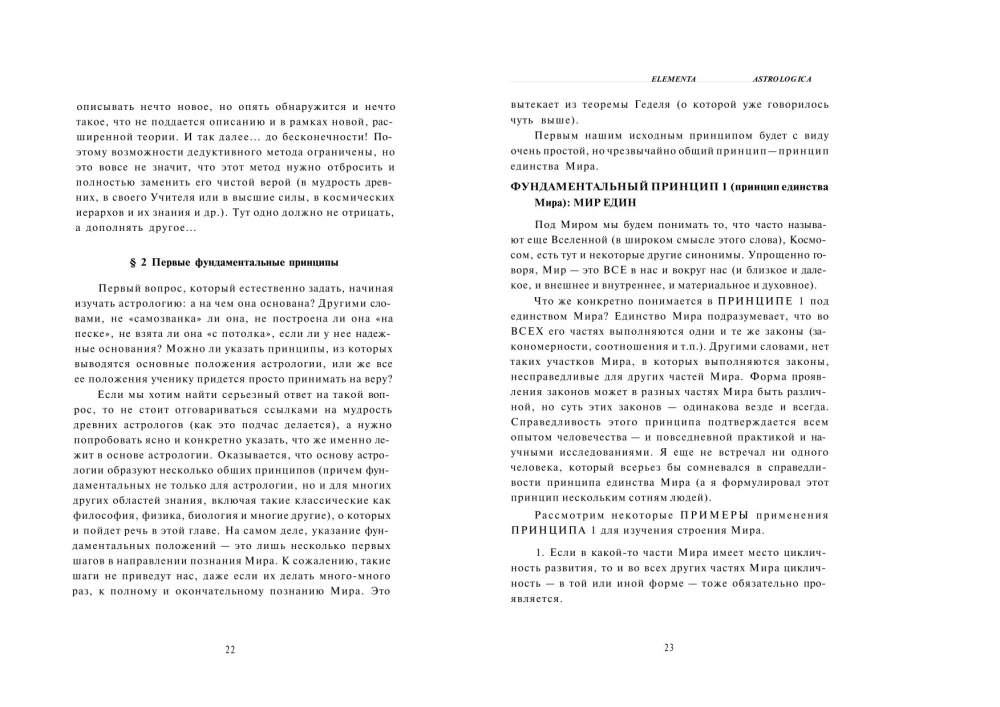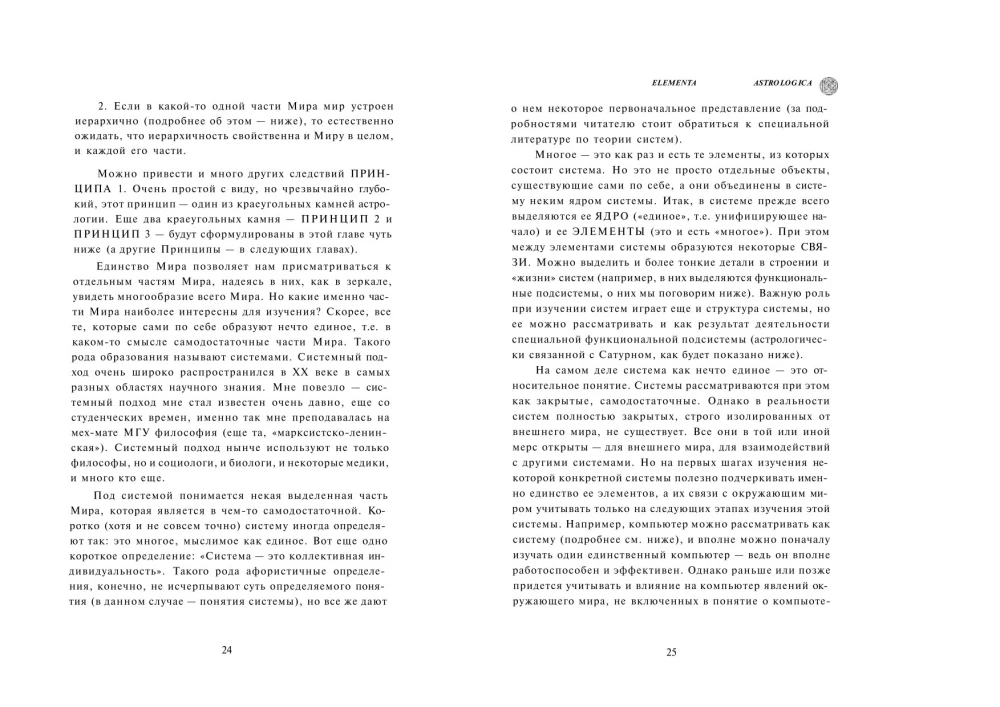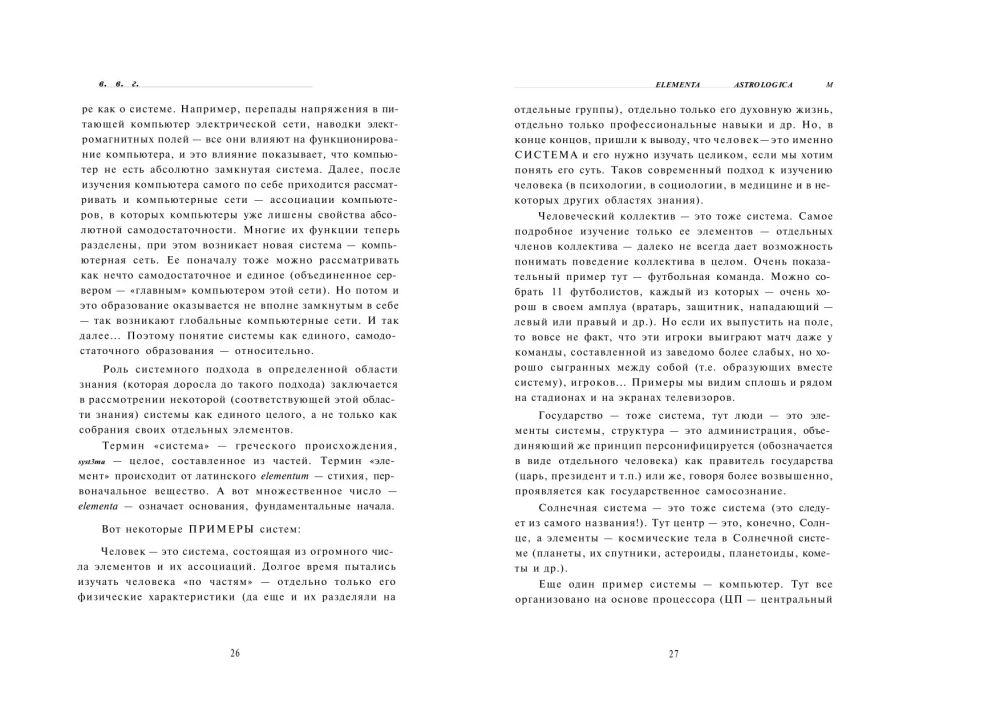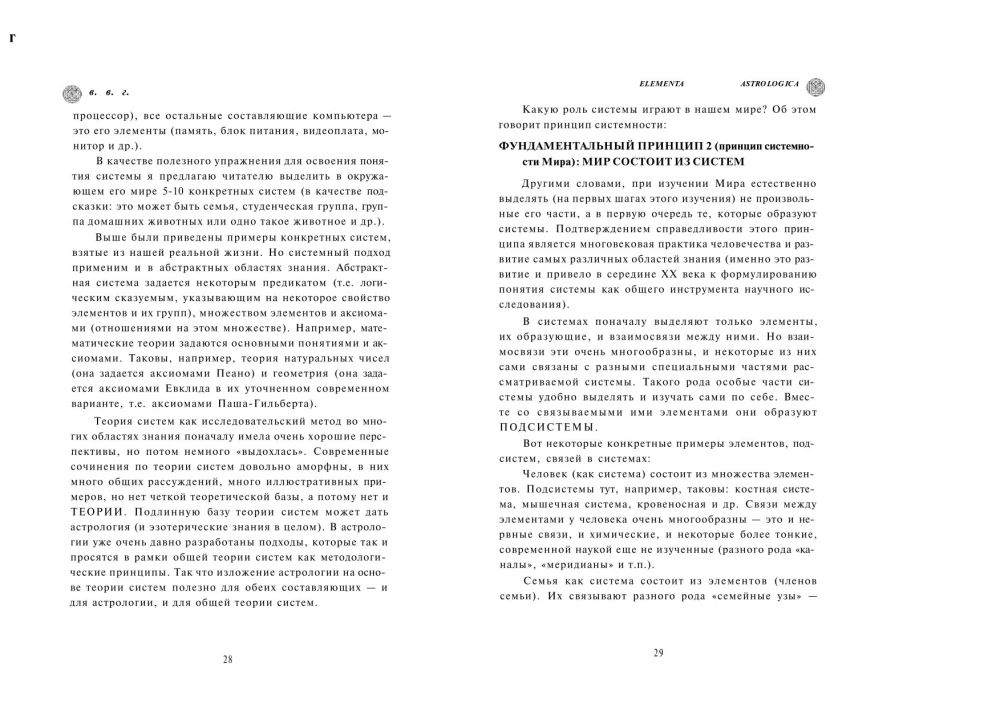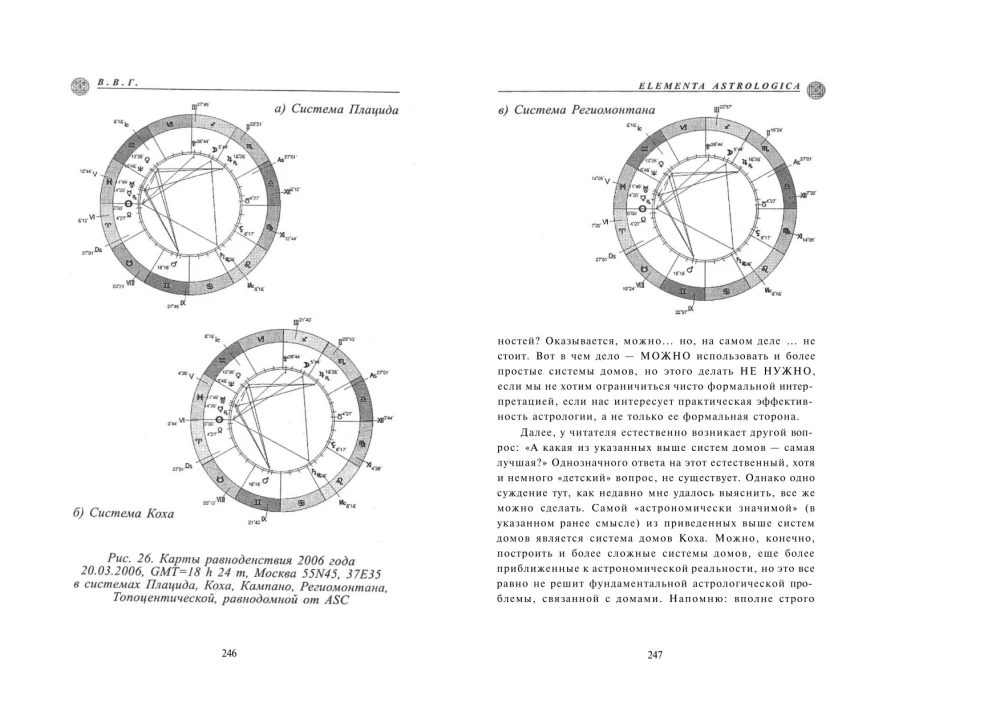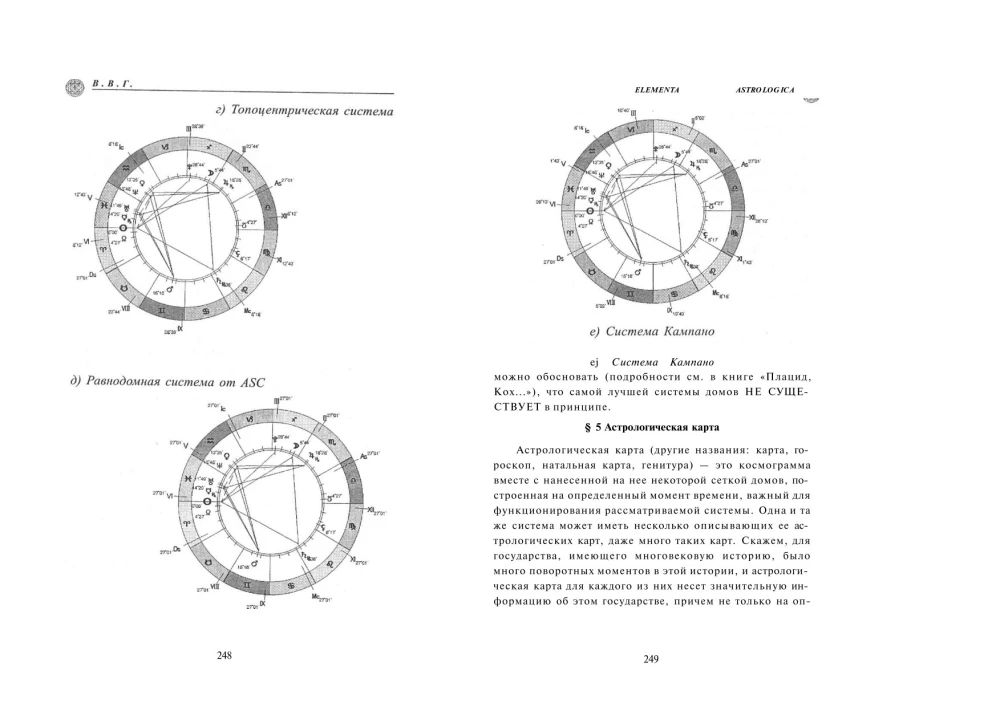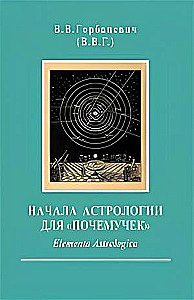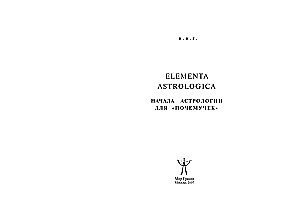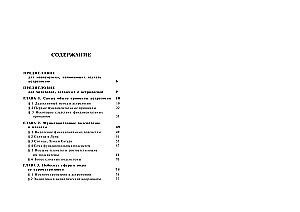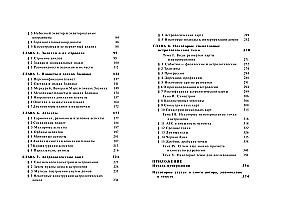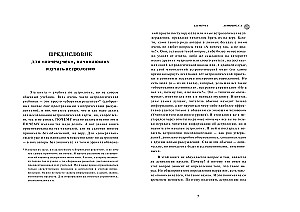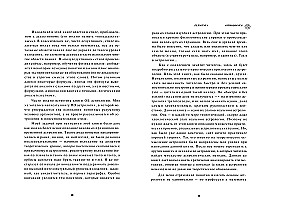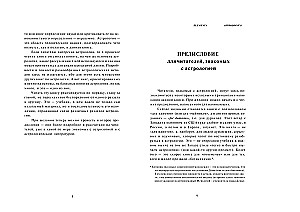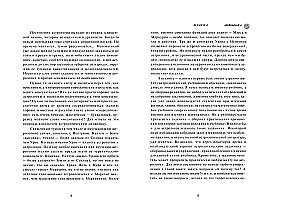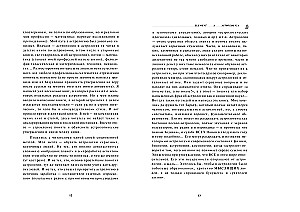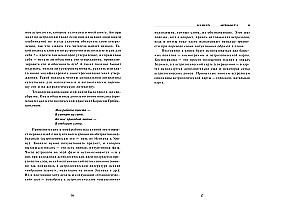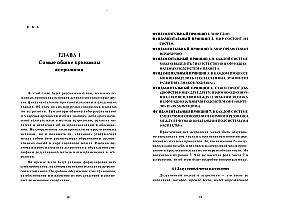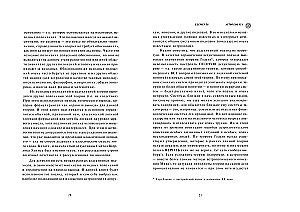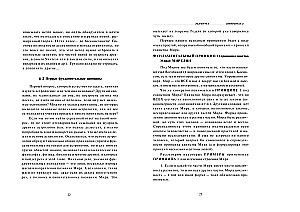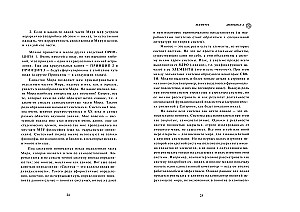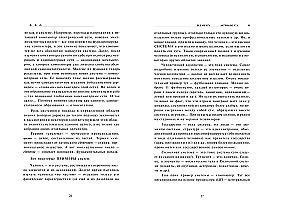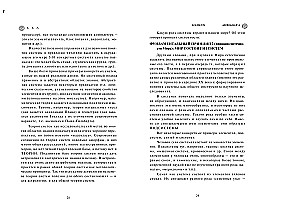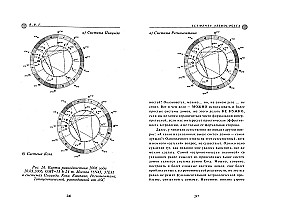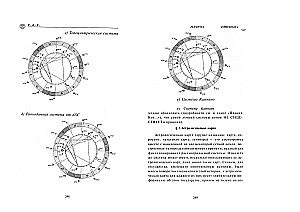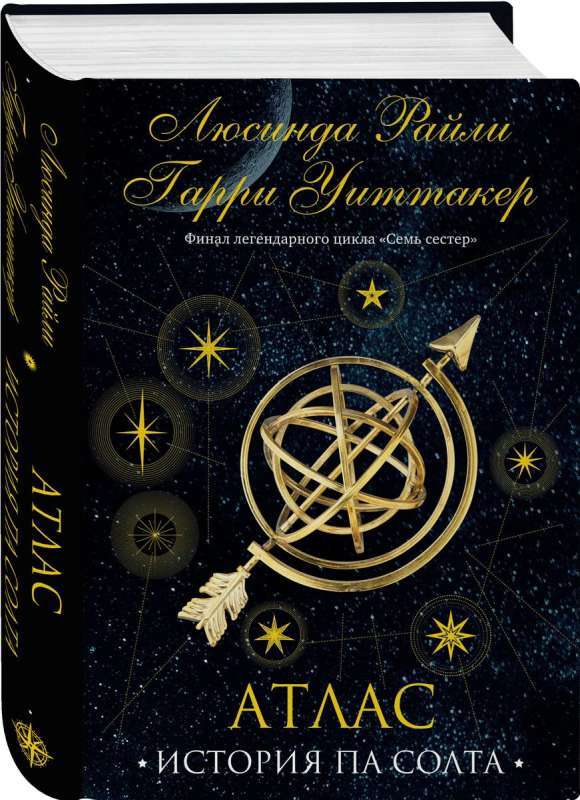The Basics of Astrology for Curious Minds. Elementa Astrologica
This book is a textbook on astrology, but not quite a usual textbook. Very often, astrology textbooks are just "collections of recipes" (sometimes seasoned with lengthy esoteric reflections); in them, the reader learns what and how to do to study...
an astrological chart but will most likely not understand WHY one needs to do this and WHY exactly in this way. This book, however, is aimed at readers who are not inclined to accept much without explanations, on faith. For 'trusting' people, many books on astrology have been written already— in them, the authors without unnecessary (in their view) explanations simply postulate certain astrological statements, inviting readers to take them on faith. By the way, such authors do not like questions like 'Why is it this way and not another way?' in personal conversations. Upon hearing such a question, they either somewhat gracefully evade the answer or refer to the authority of some ancient sages or their teacher, to the achievements of their astrological school, or, at worst, to their many years of astrological experience (this is the right time to flaunt decades of astrological practice and hundreds and thousands of constructed horoscopes). But there are people (I am among them) who, upon hearing all such 'justifications of truth', still ask 'But why is it this way and not another way?'. These are typical 'curious minds'; this book was written for them. In books, even the best ones, the reader typically finds only information, but learning something most effectively occurs only through communication with a knowledgeable person (a Teacher of some level). In this book, I tried, through answers to various 'whys', not only to convey information about astrology to the reader but also to teach the basics of astrology. I aimed to present astrology sequentially — as a series of statements, well justified, linked to one another by a chain of reasoning. These connections are usually logical, but sometimes they will also be associative, intuitive.
This book does not discuss the question of whether astrology is a science. Why? Because the answer to this question depends on the definition of what science is. However, there is no generally accepted definition of science; there is only an 'understanding of what science is'. And this understanding changes over time. Therefore, to fit astrology into a certain definition of science or to criticize it based on such a definition is unreasonable. Astrology is a domain of human knowledge, the proof of which, as I believe, is this very book.
If the reader is interested in astrology, then throughout the reading of the book, they will understand what astrology is based on, what reasoning is used in it, and how it can be applied to analyze real life. The details and nuances of various astrological methods are not described here, as there are many other books on astrology for that purpose. However, there are not many books that are specifically focused on the fundamentals, on the basic concepts of astrology, and this is one of them.
It is recommended to read this book in order, chapter by chapter, without jumping randomly from one section to another. This is a textbook, where not only the material presented is important, but also the order of its presentation, reflecting the connections between various sections of astrology.
If desired, one can now read the second preface — it is more detailed and targeted at readers who are already somewhat familiar with astrology and astrological literature.
Author: Владимир Горбацевич
Printhouse: Mir Uranii
Age restrictions: 16+
Year of publication: 2025
ISBN: 9785913133908
Number of pages: 384
Size: 200х130х22 mm
Cover type: hard
Weight: 312 g
ID: 1720173
from € 38.94
